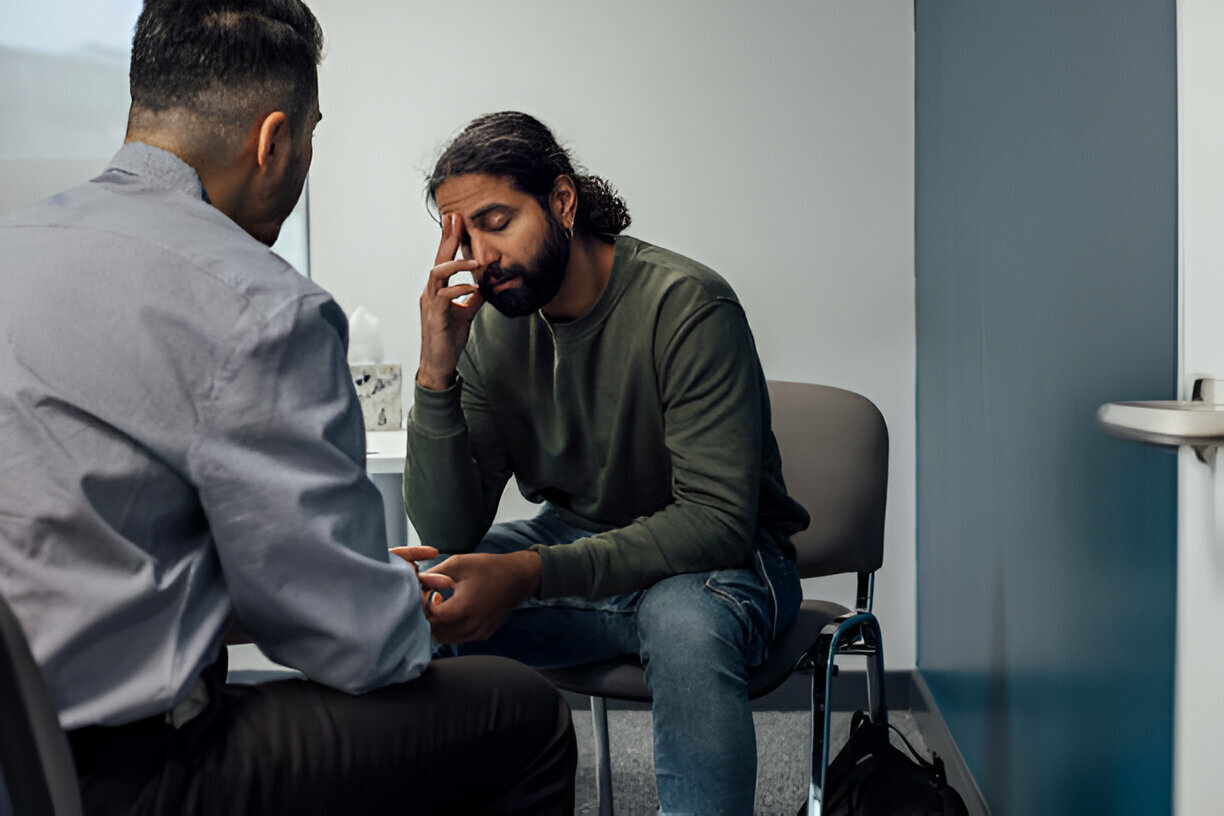The holiday season can be difficult for many people. While it’s often portrayed as a joyful time, it can bring feelings of sadness, stress, and even loneliness for some. These “holiday blues” are surprisingly common, and in my experience, they can be overwhelming. With time, I learned ways to manage these feelings, drawing on the help of supportive mental health programs and healthy coping strategies. By sharing my journey, I hope to show others facing the same struggles that overcoming the holiday blues is possible—and help is available.
What Are the Holiday Blues?
The holiday blues aren’t the same as clinical depression, but they can feel just as draining. These feelings typically start in November and may last until after New Year’s. They can range from mild sadness to a more intense sense of hopelessness and anxiety. For those of us already managing conditions like anxiety, depression, or trauma, the holiday season can often make existing symptoms worse.
My holiday blues started as a gradual heaviness that I couldn’t shake off. I was constantly stressed, felt pressure to meet social expectations, and often found myself comparing my life to the “ideal” holiday scenes around me. It wasn’t until I reached out for help and engaged in a structured mental health program that I learned how to manage these feelings.
Why Do the Holidays Trigger Difficult Emotions?
For many people, the holidays can bring up intense and sometimes difficult emotions. While we’re often told this is a season of joy and togetherness, the reality can be more complicated. Common factors that contribute to holiday stress include family dynamics, financial strain, and high expectations to “make everything perfect.” Add to this the challenge of balancing work, social commitments, and personal obligations, and it’s easy to see why many experience feelings of overwhelm.
Social media can also amplify these feelings. When we see others sharing seemingly perfect holiday moments, it’s natural to compare, which can lead to feelings of inadequacy or loneliness. If you’re someone who struggles with mental health conditions such as anxiety, depression, or trauma, these pressures can feel especially heavy. Recognizing that these challenges are common can help you take a step back, acknowledge your feelings, and approach the season with self-compassion.
Understanding Seasonal Triggers and Identifying Your Own
The holiday season comes with specific “triggers”—situations, memories, or interactions that can amplify stress or sadness. Identifying your own triggers is a powerful way to navigate this time more comfortably. Start by reflecting on past holiday experiences and noticing any recurring themes. For instance, do crowded gatherings make you anxious? Do certain traditions bring up feelings of loss or grief?
Self-reflection and mindfulness can help you better understand these triggers. Journaling about your thoughts before and after holiday events can also reveal patterns, allowing you to prepare for similar situations. By becoming aware of these triggers, you can take proactive steps to reduce their impact, such as choosing which events to attend, setting boundaries with family, or scheduling quiet time to decompress.
Recognizing When to Seek Support
For years, I tried to “push through” the holiday blues, hoping each year would be different. But I came to realize that I needed guidance, a structured approach, and therapeutic tools to manage my emotions effectively. I began with a Psychiatric Day Treatment Program, which helped me make positive changes without fully disrupting my daily routine. This intensive program allowed me to explore underlying issues and provided regular mental health support throughout the holiday season.
Additionally, the Half Day Treatment Program worked well for me because it fit into my lifestyle. The morning sessions allowed me to focus on my mental health, and the afternoons gave me time to manage other responsibilities. This balanced approach helped me gain the skills I needed without feeling overwhelmed, and it introduced me to techniques that truly transformed how I approached the holidays.

Managing Expectations and Setting Boundaries
One of the first strategies I learned was to set realistic expectations and practice boundary-setting. For years, I felt pressure to create the “perfect holiday,” attending every event and stretching myself thin to make others happy. However, the Outpatient Mental Health Program I attended emphasized the importance of prioritizing my own needs. I learned that it’s okay to say no, that my worth isn’t defined by meeting holiday expectations, and that I had the power to design a season that felt right for me.
This approach helped me understand that self-care isn’t selfish; in fact, it’s necessary. By setting limits, I was able to create holiday traditions that made me feel happy and secure, reducing the stress that previously affected my mental health.
Building a Strong Support System During the Holidays
Having a support system in place can make a world of difference when dealing with holiday stress. Friends, family, and support groups can provide a listening ear, emotional support, and sometimes just a comforting presence. If you’re feeling overwhelmed, don’t hesitate to reach out. Let those close to you know about any holiday challenges you’re facing, and don’t be afraid to ask for help, whether it’s lending an empathetic ear or helping with holiday tasks.
For those who need additional support, working with a mental health professional through programs like an mental health treatment programs can be incredibly beneficial. These programs offer structured support and coping strategies that can be applied throughout the season. Group therapy, which some programs include, can also connect you with others who understand your experience, creating a sense of community and shared strength.
Finding the Right Mental Health Treatment Program
One of the most important steps in my journey was identifying the right type of mental health program for my needs. At Foundations Group Behavioral Health in Massachusetts, I found targeted Anxiety Treatment Programs and Depressive Disorder Treatment Programs that addressed my holiday blues directly. These programs equipped me with cognitive-behavioral techniques to recognize my triggers and strategies to break negative thought patterns.
Through these programs, I found a supportive environment where I could address my anxiety and depressive symptoms in a structured, compassionate setting. The therapy sessions helped me identify that many of my holiday blues were linked to past experiences and unresolved stress, which I had previously brushed aside.
Processing Emotions Through Trauma-Focused Therapy
The holiday season stirred up a range of emotions tied to my past, including unresolved grief and stress related to family dynamics. It was through the Trauma Disorder Treatment Program that I learned how to navigate these complex feelings rather than letting them overwhelm me. This program used a variety of therapeutic techniques, including trauma-informed cognitive therapy and EMDR, which helped me work through my emotions and develop strategies for handling triggers.
Learning to recognize these patterns allowed me to face the holidays with a sense of resilience. I began to understand that while I couldn’t change the past, I could control how I responded to present-day triggers. This understanding not only improved my holiday experience but also helped me feel stronger and more empowered in my daily life.
Addressing Co-Occurring Conditions
My experience with the holiday blues was compounded by the fact that I also had co-occurring anxiety and depression. I decided to participate in a Co-Occurring Disorder Treatment Program at Foundations Group Behavioral Health, which provided an integrated approach to address both conditions simultaneously. This program combined psychotherapy, medication management, and group support, which made a tremendous difference.
The comprehensive nature of this treatment allowed me to understand the interconnectedness of my symptoms and work on them in tandem. It was incredibly validating to be in a setting where professionals understood the complexities of co-occurring disorders, and it was a relief to know I wasn’t facing this journey alone.
Practical Coping Strategies That Worked for Me
In addition to therapy, I developed a toolkit of coping strategies that helped me during the holiday season:
- Mindfulness Practices: Techniques like deep breathing and mindful meditation helped me ground myself when stress or anxiety crept in. Taking even a few minutes each day to center myself became a powerful tool to keep the holiday blues in check.
- Journaling: Writing down my thoughts gave me an outlet for my emotions, helping me process complex feelings that often arose during the holidays. It also became a reminder of my progress over time.
- Creating New Traditions: Instead of forcing myself to follow traditional holiday rituals, I began creating new traditions that brought me comfort and joy. This allowed me to enjoy the season on my terms.
- Reaching Out for Support: Therapy was essential, but so was having a support network of family and friends. I let them know how I was feeling, and their understanding and encouragement made a huge difference.
- Prioritizing Self-Care: The simplest things—like taking a walk, listening to music, or practicing gratitude—helped me stay balanced during stressful moments.
Finding Joy During the Holidays
Each year, I approach the holidays with more confidence, equipped with the skills and support I gained through treatment. At Foundations Group Behavioral Health, the resources and programs available, such as the Personality Disorder Treatment Program and the Outpatient Mental Health Program, have been instrumental in this journey. These programs, available in Massachusetts, are designed to meet individuals where they are, helping them navigate the holiday season with renewed strength.
Final Thoughts
If you’re experiencing the holiday blues, know that you don’t have to face it alone. Consider reaching out to a behavioral health center like Foundations Group Behavioral Health. Their range of services, from Trauma Disorder Treatment Programs to Depressive Disorder Treatment Programs, offers options tailored to individual needs. With the right support, you can find balance and even rediscover joy in the holiday season. Reach out to us at 508.388.5324 to discover more about our behavioral health treatment options in Massachusetts.
FAQ on Overcoming the Holiday Blues with Support and Care
Why do some people feel depressed during the holidays?
People can feel depressed during the holidays due to high expectations, social pressures, or unresolved personal challenges. Seasonal affective disorder (SAD) may also play a role, as the colder, darker months can impact mood.
How can mental health support help with holiday stress?
Mental health support, such as therapy or counseling, can provide coping strategies for managing holiday stress, improving resilience, and addressing underlying issues like anxiety or depression that may intensify during the holidays.
What are some self-care practices that help with holiday stress?
Effective self-care practices include setting boundaries, engaging in relaxation techniques, journaling, practicing mindfulness, and establishing new, meaningful holiday traditions that bring joy and reduce stress.
When should I consider seeking professional help for the holiday blues?
If the holiday blues persist beyond the season, or if they are severely impacting your daily life, relationships, or ability to function, it may be helpful to seek support from a mental health professional. Outpatient programs or day treatment programs can offer personalized care during challenging times.








